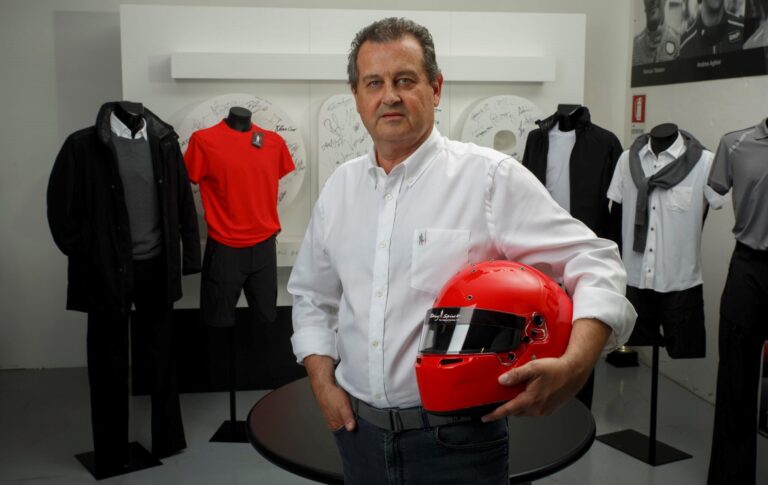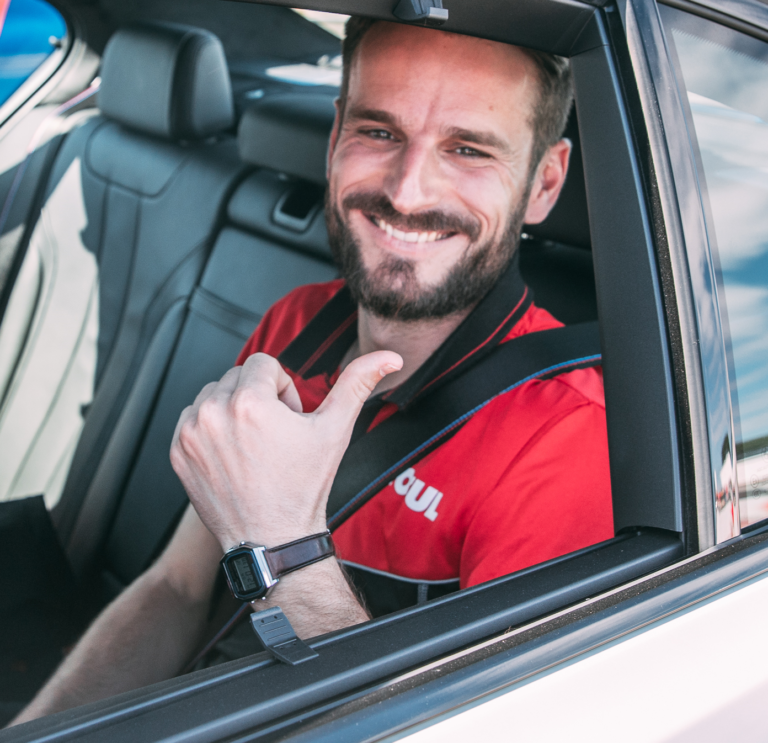One of the car manufacturers that truly believes in the power of motorsport as a global marketing platform is Nissan. That's why we had a chat with Tommaso Volpe, General Manager of Global Motorsport and Partnerships, to understand how Nissan approaches motorsport and what are the overall objectives.
Nissan is in Formula E, GT World Challenge, Super GT. What does motorsport represent for you today?
Surely motorsport, for us as for many other car manufacturers, is a platform on which to showcase not only the technical skills of Nissan when directly involved in the development of the car but also a platform through which to create engagement with fans and audiences and to promote the brand by giving a new narrative. In short, it has a double value: a technological and a marketing and communication one.
You have been in Formula 1 for about 10 years with the Infiniti brand, first as a partner of Red Bull Racing and then of Renault. Infiniti, however, was a technical partner and therefore the operation was not just simple marketing. Does the same principle apply to Formula E? How was the transition from F1 to FE as a marketing platform?
The projects were initially developed in parallel to serve two different brands: Nissan entered Formula E when Infiniti was still present in Formula 1 with Renault. We cannot, therefore, speak of a real transition, but in any case, the underlying logic is the same. Infiniti had entered Formula 1 to increase its brand awareness, especially in Europe, since it was still a young brand. However, the costs and commitment required by F1 made the decision lean towards becoming a sponsor of Red Bull Racing without having an effective technical involvement in the first place. However, a car manufacturer cannot be satisfied with just marketing actions so, from the beginning, an active entry into the sport was envisaged. This was then achieved with the Alliance (Renault-Nissan-Mitsubishi) who decided to enter F1 with the Renault brand and the natural choice was to have Infiniti as a technical partner in the development of the hybrid engine. For Nissan, on the other hand, the decision from the beginning was to enter Formula E as an all-around team.
From a technological point of view, F1 is always portrayed as the environment in which to do R&D for a subsequent transfer of solutions to road cars, even now with the hybrid maintaining a certain competitive advantage over the electric. How much of what you develop in Formula E can you bring to electric cars? Even in a comparison with Infiniti's period in F1.
First of all, they are two different projects. Both Infiniti and Nissan already had a wealth of experience in technology before entering their respective sports. Nissan was even pioneering in the electric sector well before Formula E: we have been working on projects involving the electrification of cars for 70 years and we sold the world's first electric car aimed at the mass audience (the Nissan Leaf) 11 years ago. So, in reality, we went through the reverse process: Nissan transferred its 'road cars' knowledge to racing cars. In the long term, however, we have extended our participation in the championship until at least 2026. Our plan is therefore to start taking the more classic path: from the track to the road. For Infiniti, the story is similar: the first performance hybrid engine of the Q70 was launched well before it became the power unit technology in F1.
Many manufacturers are currently aiming for the WEC, attracted by the new Hypercar regulations. What are your thoughts on that?
The WEC is becoming more and more interesting, especially some categories with approval shared between Europe and the USA. At the moment we are focused on the FE, but we keep under observation all the championships, always keeping in mind the same criteria: participation in a category must make sense on a technological level, with possibly previous know-how, and it must make sense from a marketing point of view in a broad sense.







